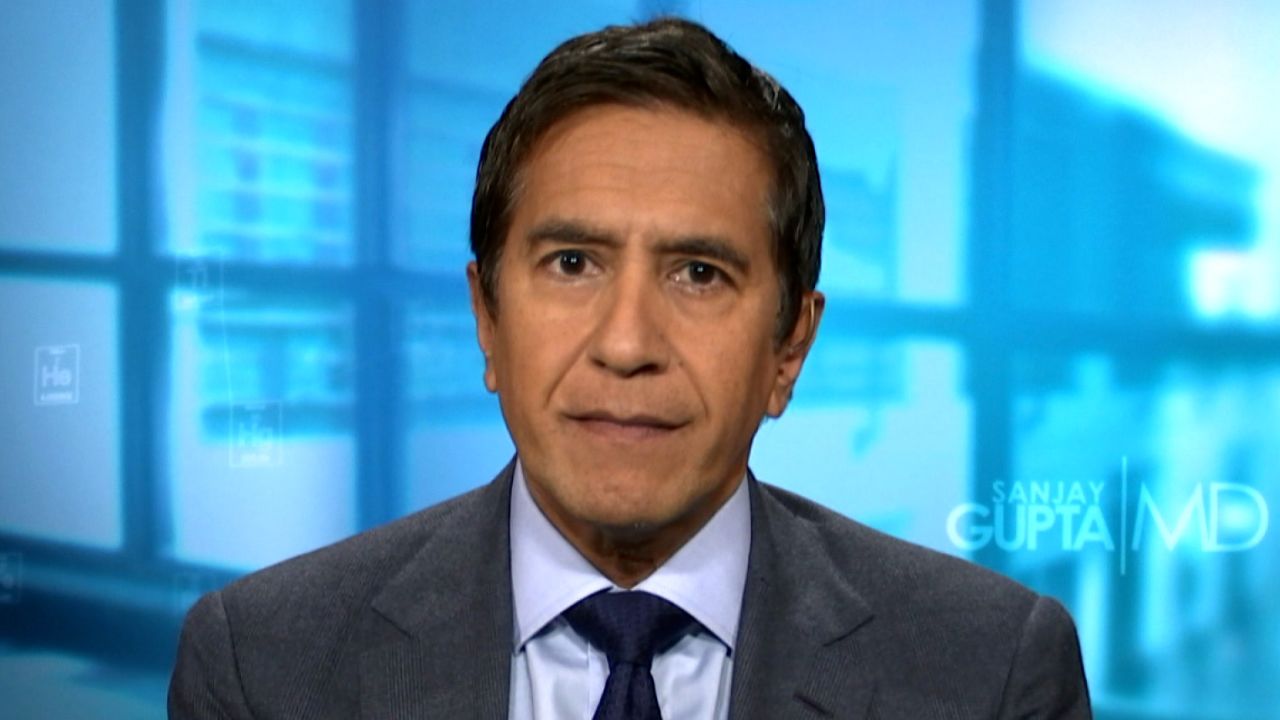Johnson & Johnson’s Covid-19 vaccine candidate begins Phase 3 trials in the United States today. Trials for the single-dose vaccine will include up to 60,000 adult participants at nearly 215 sites in the US and internationally.
Phase 3 trials will begin immediately, with the first participants receiving doses on Wednesday, Johnson & Johnson Chief Scientific Officer Dr. Paul Stoffels said on a call with reporters. The vaccine candidate was developed by Janssen Pharmaceutical Companies, a subsidiary of Johnson & Johnson.
Johnson & Johnson is now the fourth company to begin large-scale clinical trials for a Covid-19 vaccine in the United States, behind Moderna, Pfizer/BioNTech and AstraZeneca.
While the other vaccine candidates require two doses, Johnson & Johnson’s candidate will be studied as a single-dose vaccine, which should expedite results, said Stoffels.
“We’re convinced that a single dose could be very efficacious,” said Stoffels.
Initial findings from the vaccine’s Phase 1/2 trials in the United States and Belgium suggest that a single dose of the vaccine provokes an immune response and is safe enough to move into large-scale trials. The Phase 3 trial is being conducted in collaboration with Operation Warp Speed, the federal government’s coronavirus vaccine effort.
The trials will run in Argentina, Brazil, Chile, Colombia, Mexico, Peru, South Africa and the United States. Stoffels said the company plans to make diversity information about participants public and is committed to testing the vaccine in children after it has shown to be safe in the adult population.
Jonson & Johnson intends to run a separate Phase 3 trial, in collaboration with the UK government, to examine the effectiveness of two doses.
The human adenovirus technology used in the vaccine has also been employed by Johnson & Johnson in a vaccine approved by the European Commission to respond to Ebola, as well as Zika and HIV vaccine candidates. The company said the technology has now been used to vaccinate more than 100,000 people for these diseases.
The trials beginning Wednesday will help determine whether the technology can be used to prevent symptomatic Covid-19. This endpoint is similar to that of the trials for the other three coronavirus vaccine candidates, Operation Warp Speed Vaccine lead Dr. Matthew Hepburn said on a call with reporters.
“Even as Operation Warp Speed was coming together, Our National Institutes of Health colleagues really said, as we do multiple vaccines and multiple clinical trials, we need to harmonize this process as much as possible,” Hepburn said.
He said this will ensure all the vaccine candidates are meeting or exceeding the same regulatory bar.
“It’s also going to allow us to compare, and that’s great for the Janssen vaccine but it’s also great for just truly understanding what will protect people from Covid-19, and I think that that insight now is going to pay off for years to come as we address this pandemic,” Hepburn said.
The big question is, when will we know if the vaccine works?
On a call with reporters Tuesday, Dr. Anthony Fauci, National Institute of Allergy and Infectious Diseases director, said the timeline for a definitive reading on this vaccine, like the others, will depend on the events that happen during the trial.
Get CNN Health's weekly newsletter
Sign up here to get The Results Are In with Dr. Sanjay Gupta every Tuesday from the CNN Health team.
“It’s all going to be event driven, as opposed to a predetermined amount of time,” said Fauci.
If the vaccine is proven safe and effective, Johnson & Johnson says it expects the first doses to be up for emergency use authorization from the US Food and Drug Administration by early 2021. The company says it is on track to make a billion doses a year.
Janssen, the National Institute of Allergy and Infectious Diseases (NIAID) and the Biomedical Advanced Research and Development Authority (BARDA), part of the US Department of Health and Human Services, are funding the trial.





















